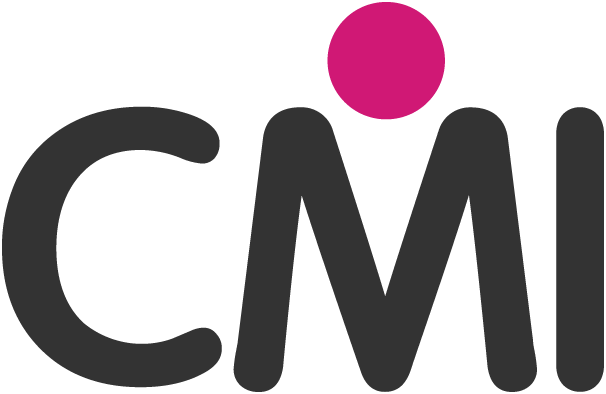Why face-to-face will always beat screen-to-screen
Wednesday 04 March 2020
Technology in all forms is embedded into our day-to-day lives. As it becomes more sophisticated, we need to educate ourselves on the future of technology and how it may transform the world of work. No app or website will ever be able to meaningfully replicate human emotion, so it’s vital that we nurture our soft, emotional skills so that we remain relevant in the workplace.
Research suggests that traits such as empathy, insight and good communication will be core to effective leadership in an era of disruption. These soft skills – the skills that are the foundation of building both strong professional relationships and core management skills – are necessary because they allow your colleagues and employees to feel safe enough to bring their whole self to work. In our 21st Century Leaders report, surveyed managers identified managing people, problem-solving and critical analysis, communication as the top skills they seek in prospective candidates. Among the qualities and characteristics managers were seeking in recruits and first-time managers, taking responsibility and honesty and ethics were the highest-ranking skills.
“Generally speaking, they are the personal attributes that enhance an individual's interactions with others and define their work ethic and professionalism,” writes Francis Marshall in an article for Training Journal. “They usually encompass someone's ability to lead, negotiate, solve problems, communicate, empathise and work effectively with others in a team.”
Members can view Francis Marshall’s article for free on ManagementDirect by searching his name.
How will soft skills help me in the future?
It’s not just the future that these skills will help you in – it's here and now. Soft skills can help you build relationships, enable your colleagues to trust you, create an open office culture, boost your communication skills and even bolster your creativity. Research that CMI undertook with Glassdoor showed that recruiters and employers prioritise culture fits and soft-skill analysis over technical skills of certain apps or tools – being inquisitive, emotionally intelligent, and able to look past the numbers are consistently high-ranking skills in almost every survey on the topic.
Though online networking tools such as LinkedIn are useful, maintaining those relationships offline are vital to the longevity of the relationship. Jamie Barlow, CEO at Hyped Marketing, thinks soft skills are the most important part of building professional relationships – both with your colleagues and your clients.
“While the ever-increasing opportunities for online networking could fool you into thinking we’re shifting away from in-person interactions, apps and instant messaging are no substitute for the real thing,” says Jamie. “After all, just think how many emails, calls or messages you get bombarded with every day — both professionally and personally. With all this noise going on, it’s easy to become disengaged and switch off. Not so if someone is sitting in the same room talking directly to you!”
In order to work alongside increasingly complicated and sophisticated technology, soft skills are not only important to prove the value of human input into the workplace, but also to lead teams through periods of change – which, with technology, is constant. The ever-changing workplace needs emotionally intelligent leaders to pave the way with empathy, kindness, and clear communication.
Jamie’s hot tip? Percolate!
“Even just meeting once a quarter for a cup of coffee or lunch will help you get to know them better,” Jamie says. “it’s a great way to reconnect with old contacts who you might have lost touch with and see how their business is going. This more casual approach helps to build rapport and trust — and, crucially, allows key decision-makers to put a face to the name, meaning you’ll be the first person they think of when they next require the services you offer.”
Find out more about our Management 4.0 campaign, including our technology transformed discussion paper.
“You are your own brand”
Harjinder Hayer CMgr FCMI tackled his imposter syndrome by throwing himself into lifelong learning
University of Bolton
Read how the University of Bolton is transforming patient care in the NHS through CMI-assessed management apprenticeships.
Why women hold back – and why we need a smarter approach to workplace promotions
Traditional promotion and employee evaluation processes often disadvantage women, write Iris Bohnet and Siri Chilazi
“Good care starts with good leadership”
How becoming Chartered enhanced Afolabi Erinle CMgr MCMI’s professional recognition
Article
Our extensive range of articles are designed to keep you in the loop with all the latest management and leadership best practice, research and news.
Members See More
CMI Members have access to thousands of online learning and CPD resources. Learn more about our membership benefits
Join The Community
CMI offers a variety of flexible membership solutions, tailored to your needs. Find out more and get involved in the CMI community today.
